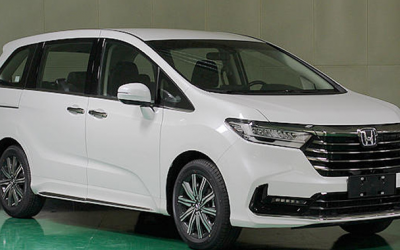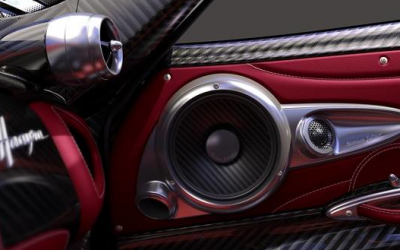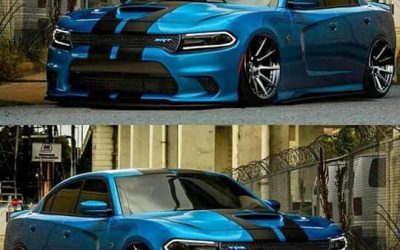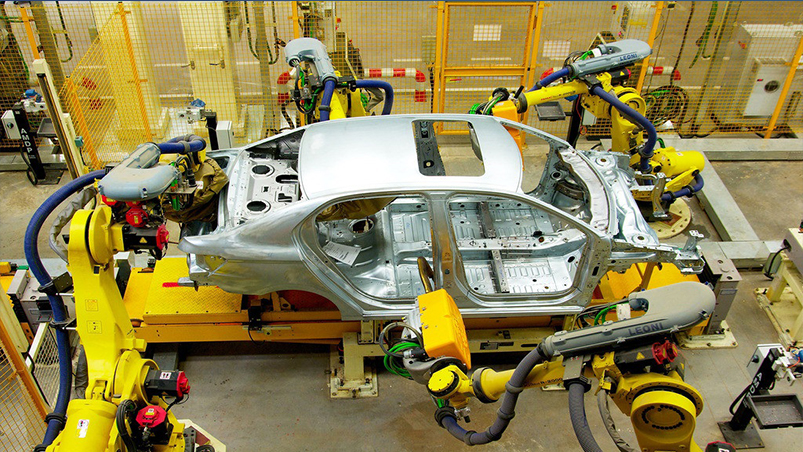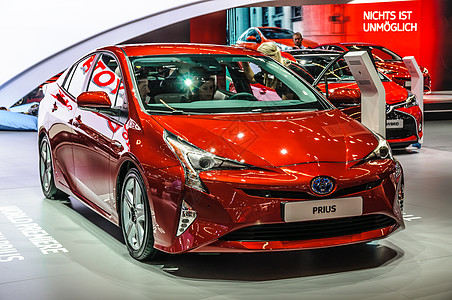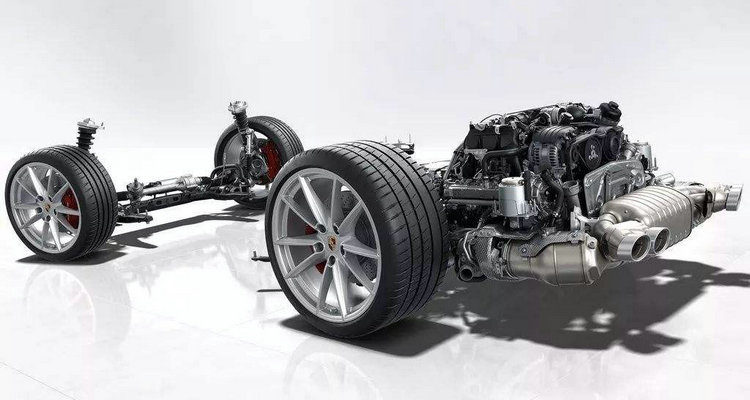Engine Technology Showdown: Geely vs. Chery – The Clear Winner Emerges!
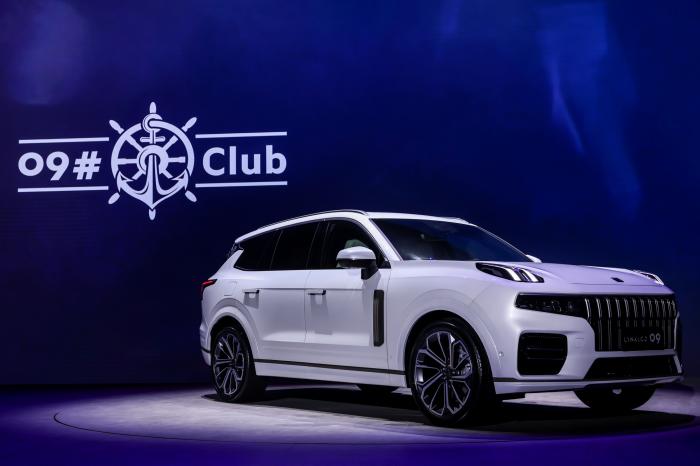
In the world of engine technology, the discussion between Geely and Chery has sparked significant controversy. Ten years ago, Chinese domestic vehicles were seen as simply functional, using reverse engineering and low-cost assembly to compete and gain market share. However, the situation has evolved over time, leading to increased scrutiny of the quality of Chinese-made vehicles.

Concerns about frequent issues in second-hand domestic vehicles have raised questions about whether Chinese manufacturers can meet the standards set by international joint ventures. The two major contenders in this debate are Geely and Chery, with differing views on their strengths.
Geely, backed by Volvo, is often considered to have a quality advantage, while Chery is praised for its emphasis on indigenous research and development, representing the pinnacle of domestic technology. The question remains: which brand truly excels in quality and engine technology?
Both Geely and Chery have made significant progress in recent years, overcoming initial skepticism and improving their vehicle quality. To analyze and compare their progress, let’s look at two of their best-selling models: the Geely StarRui and the Chery Tiggo 8.
Despite the initial perception of Chinese vehicles lagging behind, both Geely and Chery have shown improvement in their engine technology. In fact, the two brands operate at a similar level when it comes to engine capabilities. Even with Chery’s claim to technological prowess, a clear advantage remains elusive.
Looking at the popular models, Geely’s StarRui and Chery’s Tiggo 8, it is evident that both brands have adopted Mitsubishi’s 4G series engines, showing a collaborative approach to technology adoption. Additionally, Chery’s early models, like the Eastar and Tiggo, initially featured engines from renowned manufacturers such as Mitsubishi and Toyota.
In terms of advancements, Chery, led by pioneers like Zotye, has persevered against numerous joint ventures. Compared to many international collaborations, Chery’s prospects appear more expansive, emphasizing the crucial role of technology as a foundation for sustainable growth.
Chery’s journey reflects the understanding that a solid technical foundation is essential, marking the initial divergence between responsible state-owned enterprises and capital-focused ventures. The acquisition of a dismantled Ford engine production line for $29.8 million paved the way for Chery to address the challenge of assembling engines without foreign support.
After several years of exploration, Chery achieved a significant milestone in the early 2000s with its first locally produced engine. The resilience displayed by Chery, especially when compared to many solo efforts in the automotive industry, indicates a bright future.
While Geely benefits from Volvo’s technological contributions, Chery has excelled in its engine capabilities. Even without the explicit backing of an international giant, Chery’s engines have received positive reviews. Geely’s association with Volvo undoubtedly adds to its credibility, and models like the StarRui come with the assurance of a 4-year/100,000-kilometer warranty.
Chery, with its subtly virtuous reputation, has managed to build consumer trust through its intrinsic virtues. Both brands, regardless of their engine technologies, have positioned themselves favorably in the market. The prominence of Geely and the subtle virtues of Chery appeal to different consumer preferences.
Analyzing consumer trends reveals that, while fuel efficiency is a consideration, factors such as aesthetics, safety, pricing, and features outweigh engine performance in purchasing decisions. Geely’s astute market positioning aligns with consumer trends, catering to the first impressions of high-value consumers.
Chery, on the other hand, relies on its virtues to secure a positive reputation, even without high-end aesthetics. In terms of engine performance, both Geely and Chery operate at a similar level. When consumers have to choose between the two, concerns about post-purchase issues and reliability come to the forefront.
In conclusion, the progress of Geely and Chery in engine technology is comparable, with both brands demonstrating commendable advancements. The choice between the two ultimately depends on individual preferences and priorities, as each brand offers unique strengths and appeals to different segments of consumers.


